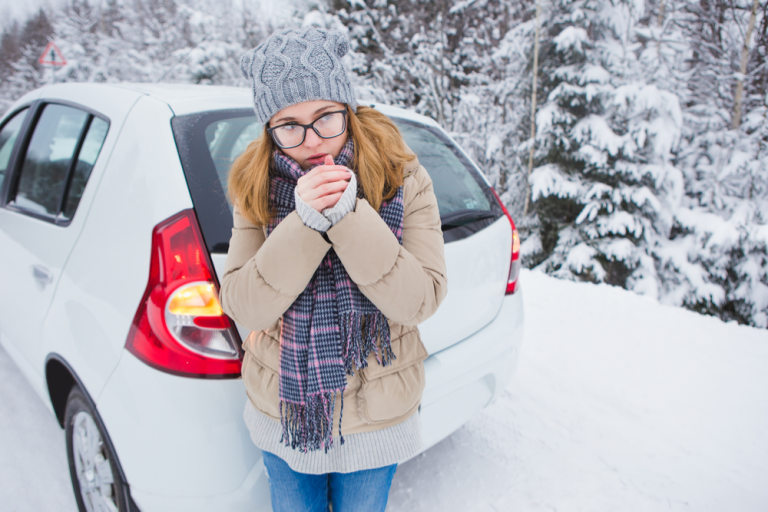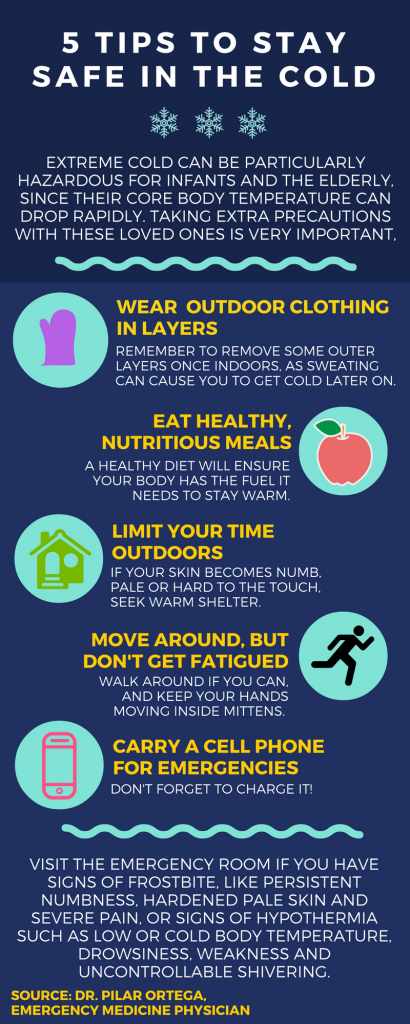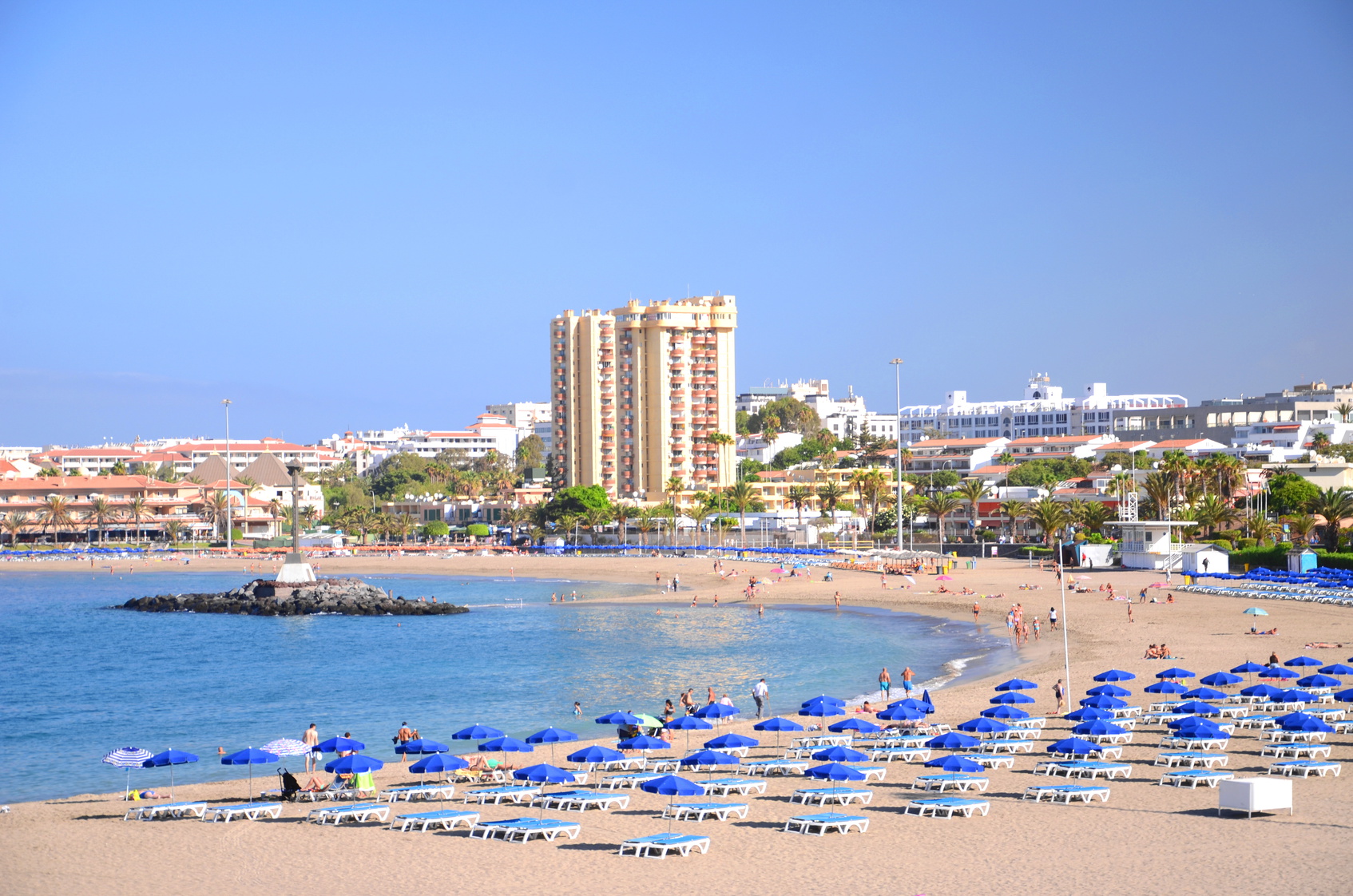If you’re going away on a winter break, it’s important to take extra care. Whether you’re skiing in Austria or adventuring around the diverse landscape of Norway, unfamiliar cold climates can often catch travellers off-guard. Here are some of the top safety tips I found in this handy infographic.
Diet and Nutrition
Making sure you consistently keep up with a healthy, well-balanced diet is extremely important when you’re travelling to new places. You need a regular source of nutrition and fuel, particularly in the cold. Not eating well means your body will be unable to keep itself warm, so you will be more likely to fall ill and may even have to cut your trip short.
Sensible Clothing
This is a bit of an obvious one, but travellers must be sure that they have packed plenty of layers when holidaying in colder climates. You’ll certainly thank yourself for taking extra jackets, fleeces and socks – even if it means additional baggage. Also make sure to de-layer once you’re indoors, as sweating can make you feel colder later on.
Keep Active
When you’re out in chilly weather, you must make sure to keep yourself moving. Extremities (especially hands) often fall victim to numbness or frostbite if they’re stationary for too long. Even if you’re wearing gloves, moving your fingers around will certainly help to avoid the chill. Though it’s vital to stay active, you should also be careful not to get fatigued. This can be dangerous if you’re far from warm shelter.
Make Use of Technology
Have an emergency contact’s information on hand at all times, and always take your mobile phone with you, whether you’re going on a long expedition or just a short errand. Another helpful tip is to keep your phone somewhere warm like a fleece pocket, as a lot of devices can shut down if the battery becomes too cold. Also, don’t forget to charge it! There’s nothing worse than a low battery, especially when you’re out in the wilderness.
Be Mindful of Others
Remember that you might not feel the cold quite as much as other people do. If you’re travelling with family, be aware that young children and elderly people usually suffer more in cold temperatures. Look out for others and spend more time indoors if necessary.
Wintry climates can be hazardous, but these travel tips will keep you (and your companions) warm and cosy no matter where you are in the world.




